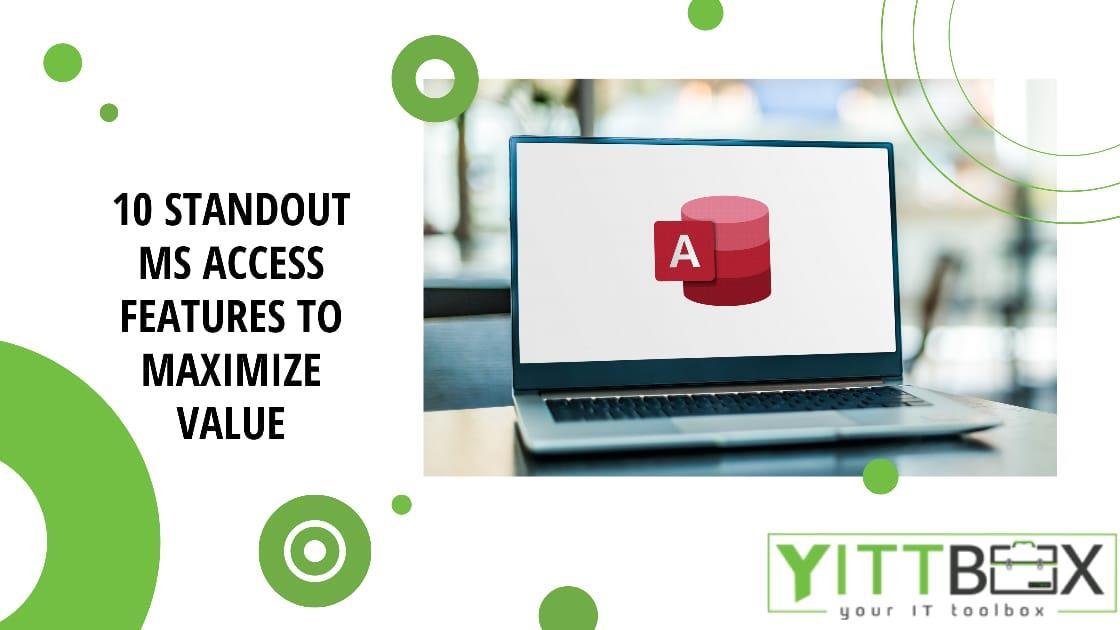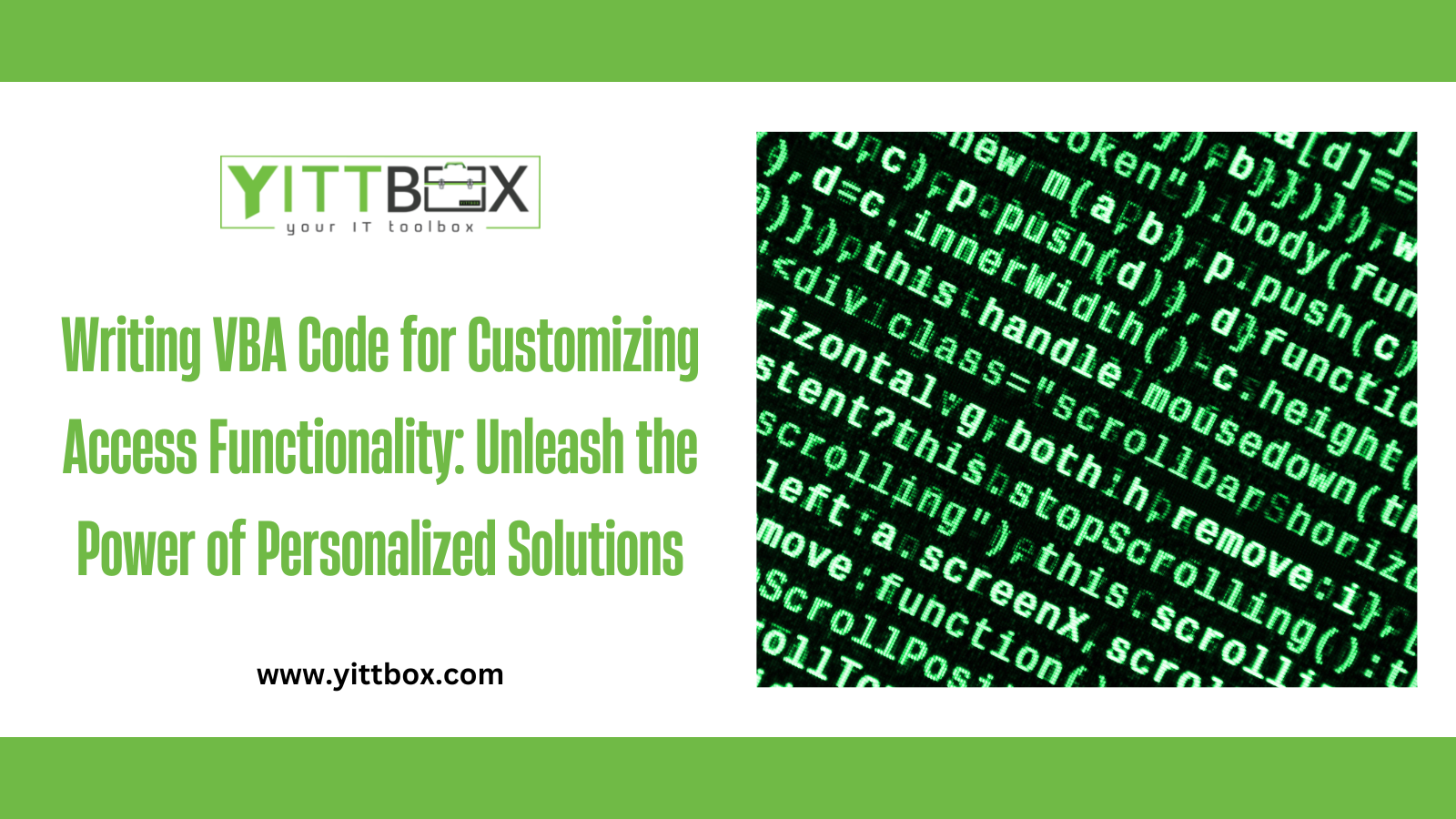Introduction:
Compliance is no longer optional, it’s a necessity.Businesses are currently under pressure to show that they have total control over their data, thanks to regulations like GDPR and HIPAA. However, developing audit-ready systems can be a daunting task for small and medium-sized enterprises. Microsoft Access can help with it. When properly configured, Microsoft Access may assist you in creating clear, dependable, and organized systems that make audit passing easier, quicker, and less stressful.
Understanding Compliance Requirements
Prior to developing your system, it is critical to comprehend the true meaning of compliance. Data integrity, security, and traceability are the three primary requirements of SOX, HIPAA, and GDPR rules. For audit trails and control documents, Microsoft Access provides capabilities that assist guarantee data is correct, secure, and easy to track.
Structured Data Architecture: The Foundation of Audit-Readiness
Good design is the foundation of a compliant database. Reduce redundancy and enforce relationships using primary and foreign keys by normalizing your tables. In addition to providing structure that complies with regulatory best practices, this reduces data abnormalities. Table relationships may be easily created and modified in MS Access, which improves auditability and guarantees data consistency.
Role-Based Access Control (RBAC)
Strict user access controls are frequently necessary for compliance frameworks. Role-based access can be implemented with MS Access with workgroup security and VBA scripting. What various people can see, change, or remove is up to you. This guarantees that private information is kept safe and that only individuals with permission can access it.
Automated Logging and Change Tracking
Logs are a favorite of auditors, and MS Access can provide them. Create automated logs using VBA that document modifications to your records, including what was altered, when it was made, and by whom. This degree of traceability reduces risk, improves internal controls, and pleases auditors.
Data Validation for Integrity
For recorded information to be accurate, data validation is essential. You can implement custom validation using VBA or macros, and MS Access comes with built-in validation rules and input masks at the field level. Incorrect data entries are avoided by these safeguards, which also preserve the integrity required to satisfy legal requirements.
Scheduled Backups and Recovery Plans
The process of data entry is not the end of compliance. It includes safeguarding that data in the event that it is lost. Regular backups of MS Access databases are necessary, as is the implementation of a defined recovery strategy. Automating database backups is possible with Windows Task Scheduler. For extra security, keep backups off-site in safe places.
Reporting & Documentation for Audits
One of MS Access's main advantages is its ability to generate reports that are neat and organized. Reports that include usage summaries, access logs, and data modifications can be created. When conducting compliance audits, these reports are crucial. To expedite the compliance verification process, establish templates that auditors may easily review.
Conclusion: A Simple Path to Compliance
Although Microsoft Access may appear to be a simple tool, with the right setup, it can be a very useful tool for compliance. You may make your MS Access database audit-ready by adding features like audit logging, access control, trustworthy reporting, and data validation. The finest aspect? It only requires careful planning, sound procedures, and the appropriate technical implementation—enterprise-level resources are not necessary.

.png)





